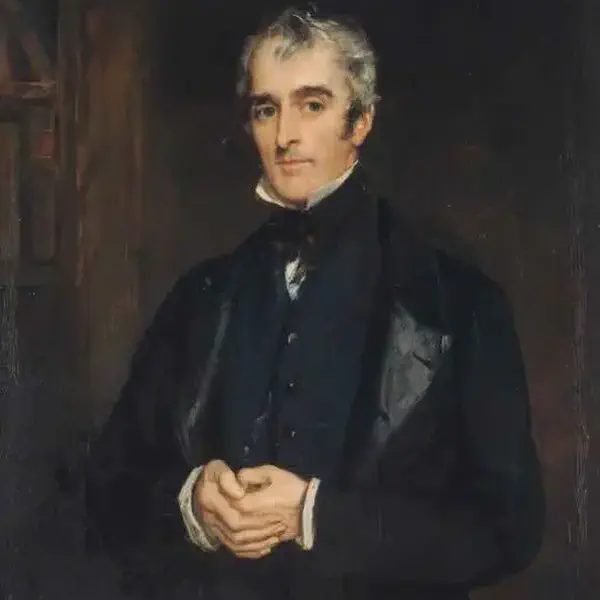
John Gibson Lockhart, Biographer and Critic, Editor Blackwoods Magazine, Died
November 25, 1853
John Gibson Lockhart (12 June 1794 – 25 November 1854) was a Scottish writer and editor. He is best known as the author of the seminal, and much-admired, seven-volume biography of his father-in-law Sir Walter Scott: Memoirs of the Life of Sir Walter Scott, Bart
Lockhart was born on 12 June 1794 in the manse of Cambusnethan House in Lanarkshire to Dr John Lockhart, who transferred in 1796 to Glasgow, and was appointed minister in the Presbyterian Church of Scotland, and his second wife Elizabeth Gibson (1767–1834), daughter of Margaret Mary Pringle and Reverend John Gibson, minister of St Cuthbert’s, Edinburgh
Lockhart was known for his literary contributions, including his work as an editor for Blackwood’s Magazine and his biographies of notable figures.
He was perhaps best known for his biographical work on Sir Walter Scott, his father-in-law. The biography, titled “Memoirs of the Life of Sir Walter Scott,” was an important literary undertaking that provided valuable insights into the life of the renowned Scottish author.
Blackwood’s Magazine
Blackwood’s Magazine is a British literary magazine founded in 1817 by the Scottish publisher William Blackwood. It quickly became one of the leading literary and political periodicals of the 19th century. The magazine covered a wide range of topics, including literature, politics, cultural commentary, and reviews of current events.
Lockhart’s influence extended to the literary scene through his role as an editor for Blackwood’s Magazine, a prominent periodical in the 19th century. His critical writings and editorial contributions contributed to the intellectual and literary discussions of the time.
John Gibson Lockhart’s death marked the end of a significant literary figure, and his contributions continue to be studied and appreciated in the context of 19th-century Scottish literature and criticism.
Obituary
His obituary in The Times, dated 9 December 1854, included the paragraph
“Endowed with the very highest order of manly beauty, both of features and expression, he retained the brilliancy of youth and a stately strength of person comparatively unimpaired in ripened life; and then, though sorrow and sickness suddenly brought on a premature old age which none could witness unmoved, yet the beauty of the head and of the bearing so far gained in melancholy loftiness of expression what they lost in animation, that the last phase, whether to the eye of painter or of anxious friend, seemed always the finest.”